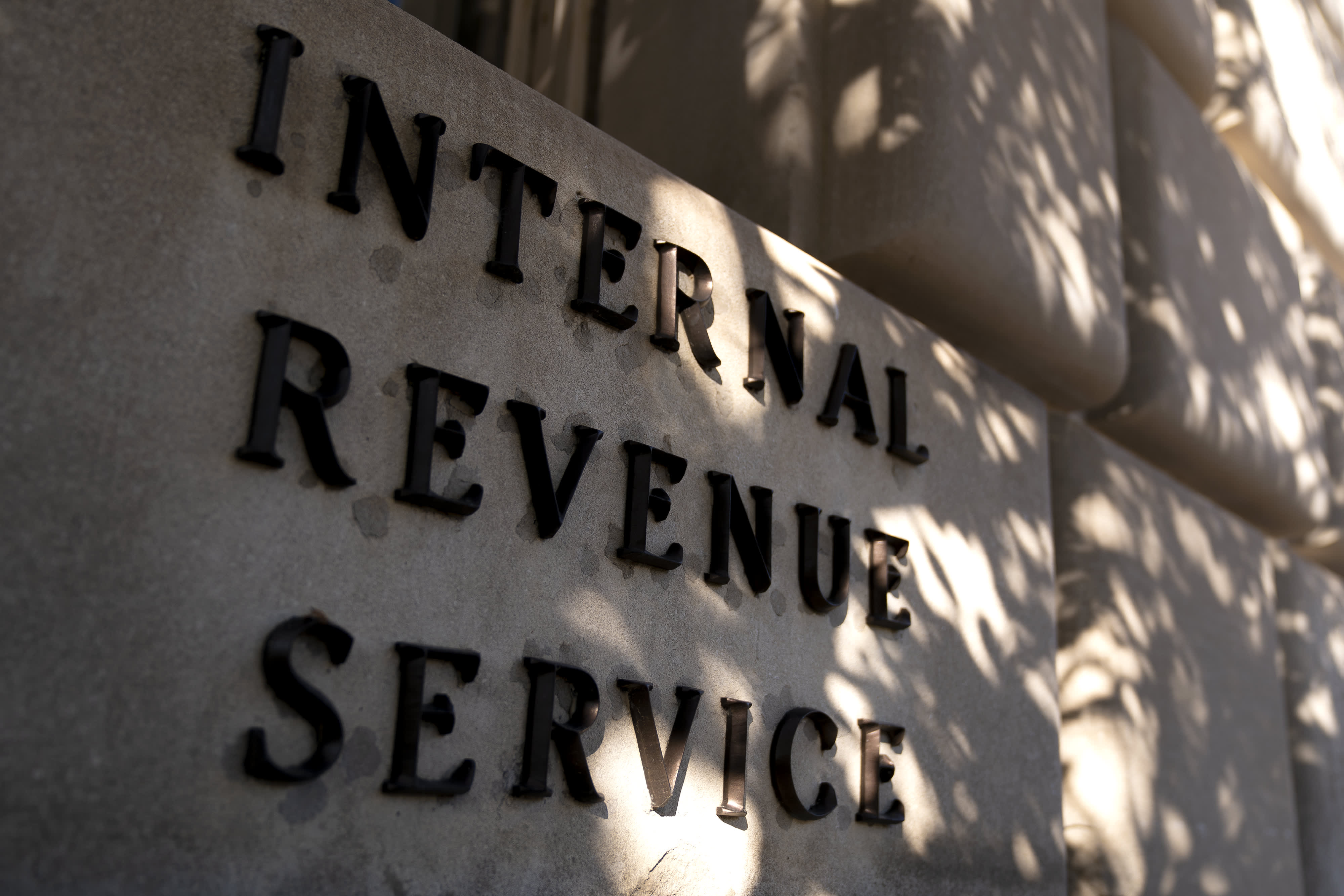
Stefani Reynolds/Bloomberg via Getty Images
‘Potentially erroneous’ QBI deductions
The IRS allowed business owners to claim $57 million in “potentially erroneous” deductions on 12,980 tax returns filed last year, according to a report publicly released Tuesday by the Treasury Inspector General for Tax Administration.
The watchdog urged the tax agency to increase its oversight of the pass-through deduction.
This is a rich vein for the IRS to be prospecting, because so far the IRS is getting pay dirt [almost] every time.
Steven Rosenthal
senior fellow at the Urban-Brookings Tax Policy Center
It’s not entirely clear why the Treasury Inspector General flagged these tax filings to the IRS. Many specifics have been redacted in the report, which analyzed 2019 tax returns filed through April 16 of last year.
The analysis also highlights the high frequency of error relative to tax returns claiming a pass-through deduction, according to Steven Rosenthal, a senior fellow at the Urban-Brookings Tax Policy Center.
For example, when the IRS selected 68 tax-year 2018 returns for additional examination, the agency ultimately denied a pass-through deduction to 85% of them, worth about $4.8 million, according to the report.
“This is a rich vein for the IRS to be prospecting because, so far, the IRS is getting pay dirt [almost] every time,” Rosenthal said.
“I think QBI is written in a very complicated way, with exceptions to the exceptions,” he said of the deduction and why errors may be occurring.
Eric Hylton, commissioner for the IRS’ Small Business/Self-Employed Division, acknowledged the deduction is complex and presents challenges for taxpayers and the federal agency.
But the 12,980 returns identified in the watchdog analysis represent just 0.14% of the 9.4 million that claimed a QBI deduction, Hylton said in a response accompanying the report. And about 95% of them were properly screened out by the IRS, he said.
Pursuing additional compliance would divert resources from other agency areas and “reduce overall revenue potential,” he added.
The Treasury Inspector General was contacted but didn’t respond to a request for comment at the time this story posted.


